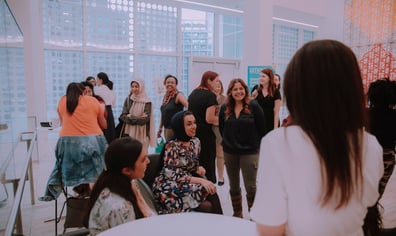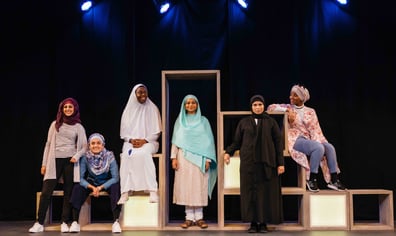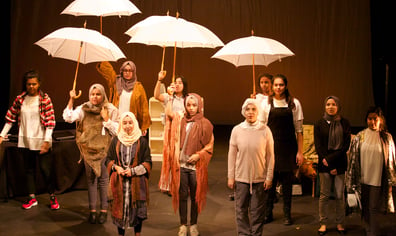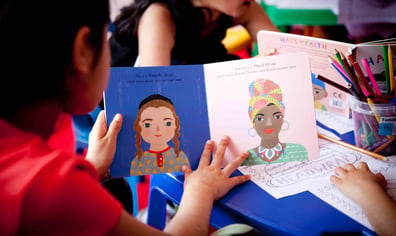About us
Who we are
About
Amal works to tackle a root cause of the discrimination that adversely affects the lives of all Muslims in the UK– a dominant narrative about them which is negative, stereotyping and monolithic. We exist to help shift the narrative to one that is confident, diverse and just.
We challenge the narrative by supporting Muslims to unleash their creative potential, a potential too vast for any single organisation to unlock. We do so by enabling three sets of stakeholders – Muslim communities, artists, and mainly mainstream arts and cultural organisations – to work closely together to grow opportunities for Muslims to fully express and realise their creative potential and to share and celebrate this creativity with others.
Through our practical programmes of support and the resources we provide for co-created projects, we incentivise and enable our stakeholders to do work that is unlikely to happen otherwise – because Muslims and Muslim organisations have been deterred from creative engagement by multiple barriers including deprivation, because there is little understanding of the practice of Muslim artists in the mainstream and little action geared towards tackling Islamophobia, and because mainstream arts and cultural organisations have few connections to Muslim artists and community groups. The result of our work is that more Muslims engage in creative activity, more Muslim organisations offer creative activities to their communities, Muslim artists have more opportunities to sustain successful careers and more arts organisations serve Muslim communities and artists in a less tokenised and more authentic way.
Over time these outcomes result in a greater diversity of Muslim stories being told and heard, increased visibility for Muslims in the creative sectors and richer encounters between Muslims and others.
The problem we address
Muslims are the largest minority in the UK, already 5% of the population at the 2011 census (2.7 million) and growing rapidly. Collectively, they are in the worst socio-economic position in the UK. They have been subjected to relentless political, media and policy scrutiny, which is largely negative. As a result, the British public feels much more negatively towards Muslims than it does towards any other group except Gypsy and Irish Travellers.
“Across policy domains, from employment, education and criminal justice to housing, healthcare and hate crime, Islamophobia has a significant negative impact on the life chances and quality of life enjoyed by British Muslims.” [All Party Parliamentary Group on British Muslims]
If British Muslims are to thrive, it will not be enough to provide for better education, employment and health outcomes. The dominant negative narrative about Muslims stands as a barrier to the wider community’s understanding of Muslims and to Muslims’ sense of belonging in the UK. It must be changed – to one that is confident, diverse and just.
Our track record
Amal began life in 2017 as a grant-making programme of the Saïd Foundation. By 2020, we had supported 51 partners to deliver 63 arts and culture projects across the UK. We then embraced an ambitious new future as an independent charity with staff and trustees who are Muslim in their majority.
As the only initiative using a multiple arts and location approach focusing specifically on Muslims, Amal has developed assets over the last five years which make us uniquely placed to help Muslims in the UK, as individuals, artists and communities, to realise their immense creative potential. We are trusted by Muslims of widely differing backgrounds as well as by non-Muslims. We have built a community, whom we can consult, convene and connect, of partner organisations, artists, advisers and other supporters. We are a known brand in our key locations and with many arts organisations. We have prioritised learning, based on robust evaluation, and we develop our work on the basis of our learning.




